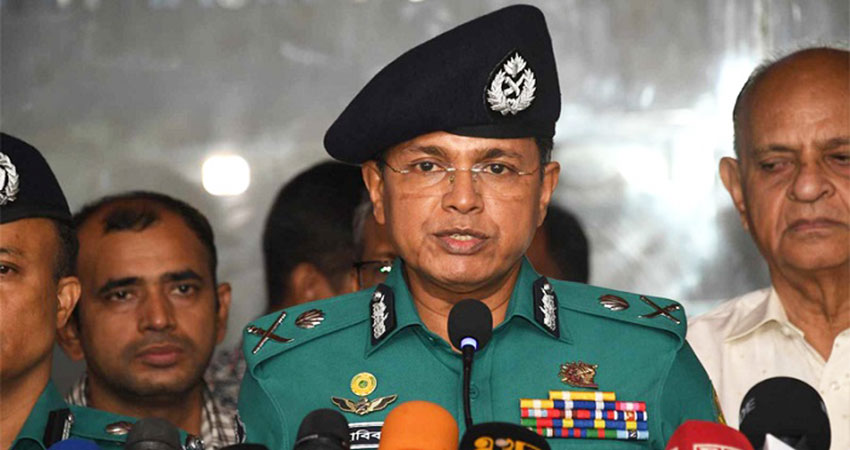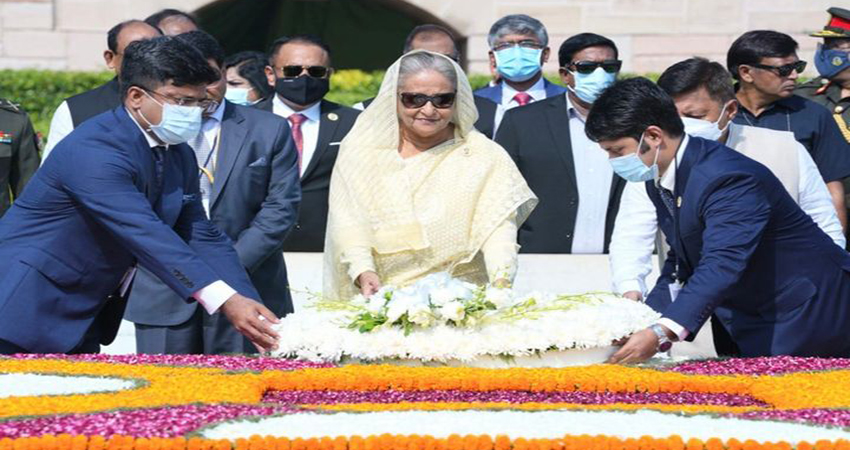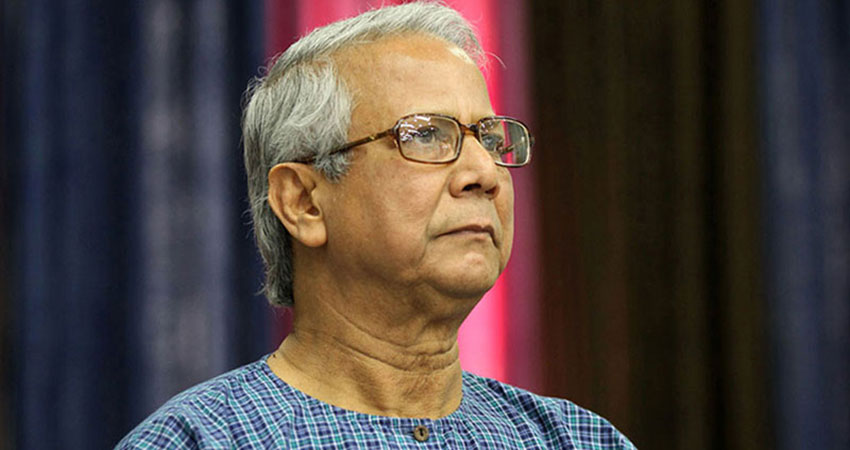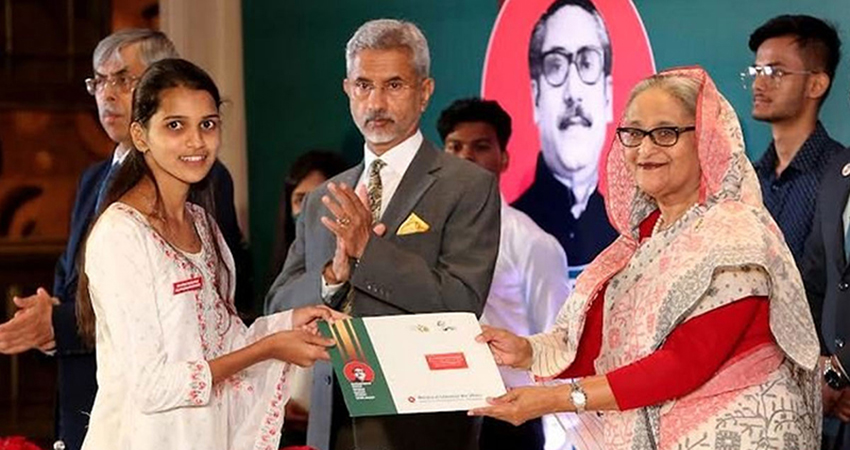Kazi Nabil Ahmed MP, a member of the Parliamentary Standing Committee on the Ministry of Foreign Affairs, has highlighted the position of Bangladesh at a meeting of the United Nations’ Second Committee (Economic and Financial).
He made a statement highlighting its position in favor of a permanent sovereign Palestine with occupied lands, including East Jerusalem as the capital, on Monday.
According to the statement, the 2030 Global Development Agenda aims to ensure sustainable development for all. Special emphasis is placed on ensuring that no one is left out of this development. But unfortunately, for more than 50 years, the land and property of the Palestinian people have been occupied. They are also denied basic human rights. The issue has also come up in a study by the United Nations Conference on Trade and Development (Unctad).
Associating himself with the Group of 77, Kazi Nabil noted that poverty and food insecurity in Palestine affect 53% and 64.4% of the Palestinian population respectively. Gaza’s socioeconomic fabric is faltering due to 15 years of sea, land and air blockade, restricted trade and access to resources.
“The international community has a responsibility to ensure that the Palestinian people and the Arab population of the occupied Syrian Golan can benefit from their natural resources and claim restitution for the harms already caused by the occupying Power,” the laemaker said in his statement.
He noted there is also a sharp decline in the volume of foreign aid to Palestine in past years, as the World Bank estimates that the Palestinian economy annually loses nearly $3.4 billion of potential revenue due to Israel’s restrictions. There is an urgent need to scale up cash transfers, food aid and project grants targeting poverty alleviation, education, women’s empowerment and health care.
Tarik Alami, director of the Emerging and. Conflict‑Related Issues Division of the Economic and Social Commission for Western Asia (ESCWA), introduced the Secretary‑General’s note on the “Economic and social repercussions of the Israeli occupation on the living conditions of the Palestinian people in the Occupied Palestinian Territory, including East Jerusalem, and the Arab population in the occupied Syrian Golan”.
He noted that Israel has escalated its use of force against the Palestinians, including illegal unwarranted force, amounting to arbitrary deprivation of life.
The observer for the State of Palestine, noting that over 2 million Palestinians living in Gaza continue to suffer from the illegal blockade, deepening poverty and unemployment, stressed that Israel continues to allow “terrorist settlers” to kill her people in plain sight, destroying their homes and attacking their agricultural land, fruit and olive trees.
Representatives of Syria, Saudi Arabia, Pakistan, Malaysia, the Maldives, Qatar, South Africa, Namibia, Kuwait, Cuba, United Arab Emirates, Iraq (in national capacity), Russian Federation, Indonesia, Egypt, Venezuela, Oman, Algeria and Libya also spoke at the meeting.
The Committee will meet again on October 25 to conclude Monday's agenda item and meet with regional commissions of the United Nations system for the annual dialogue.
Bangladesh for permanent sovereign Palestine



















